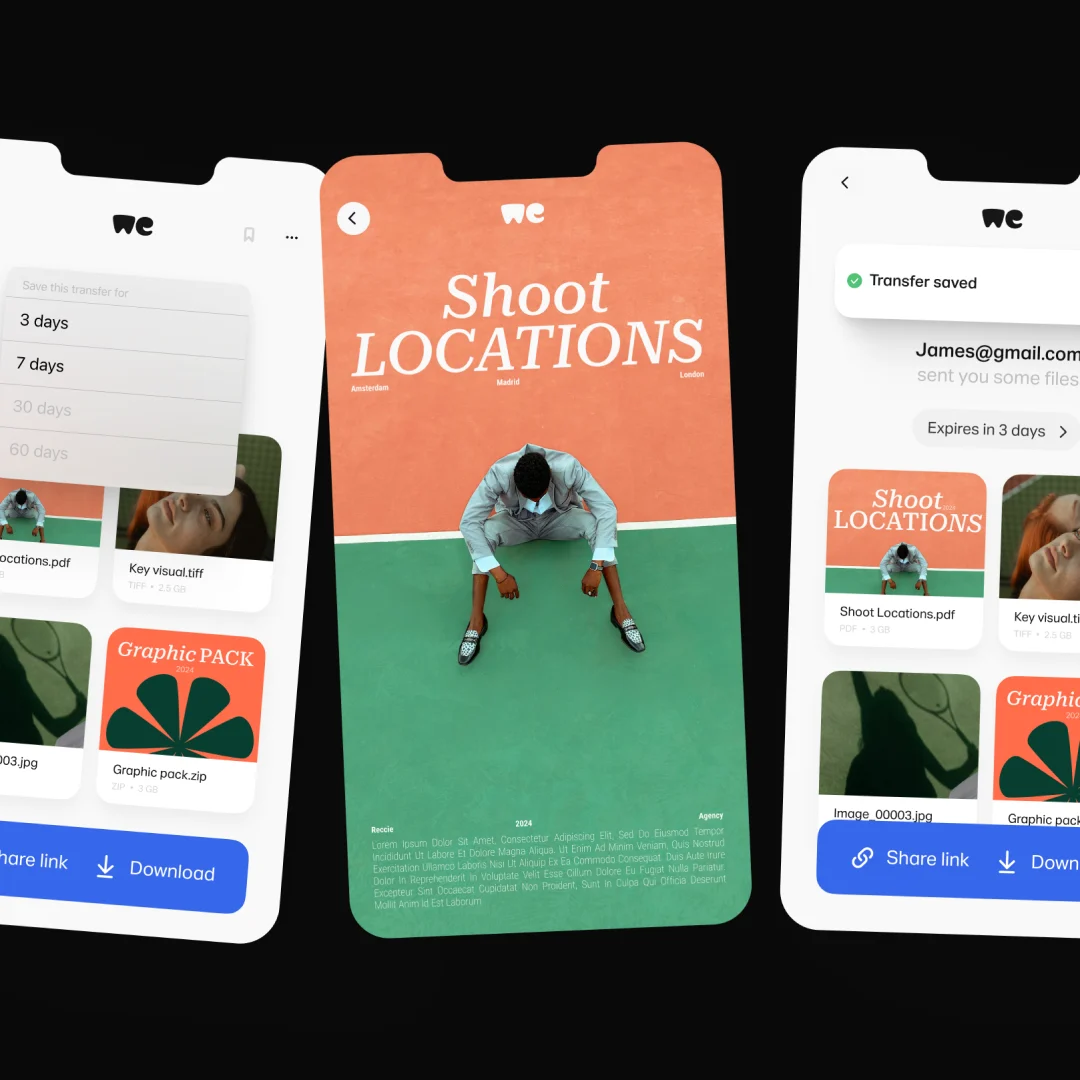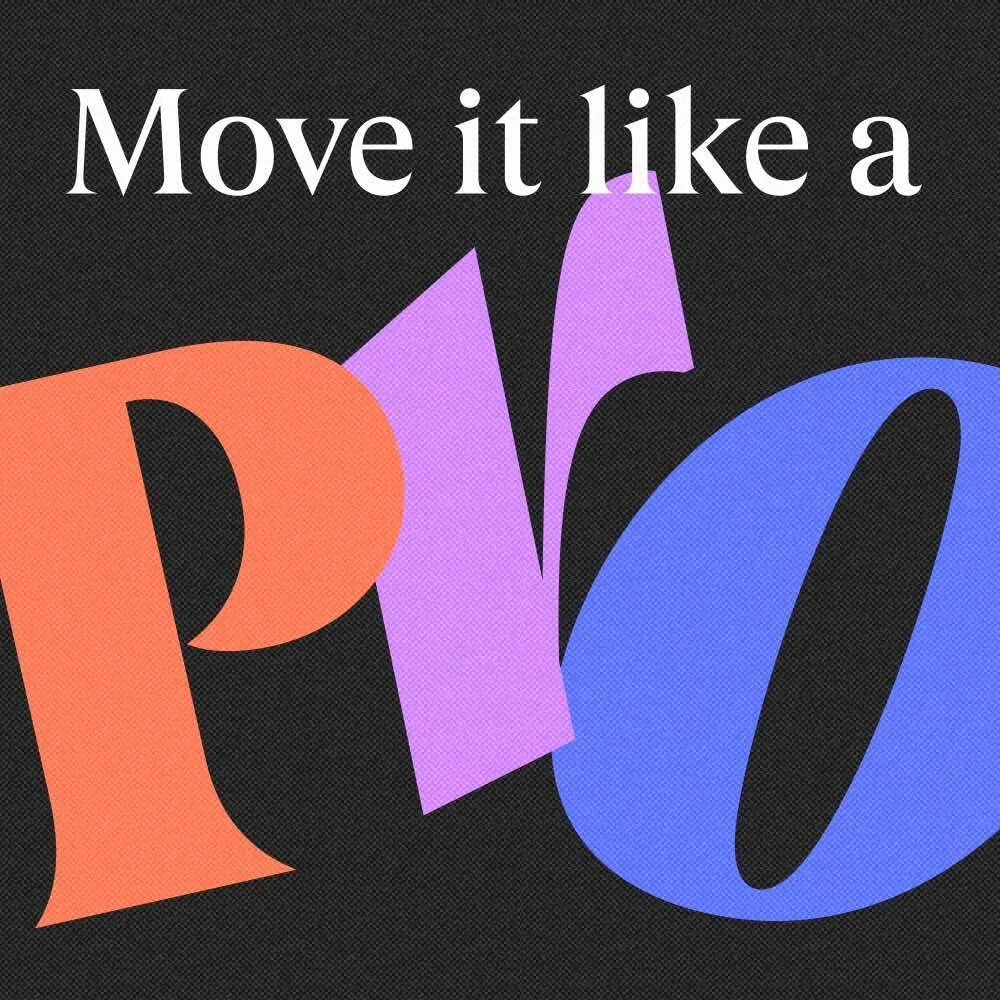Gail Gallie on why businesses need to have empathy at their core
How the lack of empathy contributes to the destruction of our planet

Here we are, at the big 1-0!
To celebrate our 10th birthday, we created an awesome print magazine, but the stories were too good not to bring them to life online. I have a love/hate relationship with business. I find it exhilarating and exciting knowing what can be done (making shoes made from marine-recovered plastic, for example, is thrilling!) But equally I am appalled by what actually is done, on a daily basis, in the name of “business.”
The dictionary defines empathy as: “the ability to understand and share the feelings of another.” It’s interesting to consider whether businesses in the modern world can actually “understand and share feelings.” Even more interesting to see that the definition of empathy contains a singular noun; “an-other,” when the businesses of today are vast and sprawling organizations with mind-numbingly complex supply chains and marketing operations. At any given point in the chain of production, the notion of considering the feelings of an individual becomes almost impossible. And yet we are a planet made up of seven billion “an-others” and if the businesses that are increasingly the life force of the planet are not able to act from a place of empathy then surely we are hurtling towards Armageddon even faster than Greta says?
The UN Ambassador for the Ocean, Peter Thompson, recently told me about the dramatic rise of “blue crime” in the seafood industry: an umbrella term for all manner of illegalities in the production of the food we all casually pick up from the supermarket freezer, or enjoy choosing from a menu when we dine out. Behind those innocent prawns lurk modern day slaves, trafficked humans who work the “ghost boats” that don’t officially exist. They overfish the groaning ocean and hand their catch over to the official boats, who can therefore avoid owning the nets that would prove their guilt. They in turn hand the fish over to a company who can claim they are only using official boats from within permitted fishing areas.
Meanwhile, the poor ghost fisherman know too much. When they have exhausted their area of expertise, they’re often pushed overboard, never to return home. Hard to empathise with them when they’re never officially existed, right? Sustainable Development Goals (SDG) advocate Richard Curtis talks about how we must never forget the “simultaneity of the human experience.” In this case, in the same instant as you bite into a prawn sandwich, someone, somewhere may be going overboard.
Every industry has these back stories, these empathy bypasses, be it child workers who sew on your suit buttons, slave labourers who polish your nails or suicidal phone assemblers that get you your upgrade in 24 hours. In these times when technology really allows us to know everything, we need to ensure empathy is added into the equation. If we don’t support each other, we all go down in the end.
The industries in which the worst empathy bypasses occur seem to correlate with those that are causing the most destruction to our planet: construction, food and fashion for example. They are all being carried out at a ferocious pace and often with a lack of regard or empathy for those required to sustain them, or for the planet that gave us life in the first place. The subsequent deterioration of Planet Earth feels like a bit of a massive “fuck you!” from Mother Nature: “if you’re not going to play nicely together then you can’t play at all...”
Every citizen on this planet who has the luxury of empathy must use it. Every one of those lucky enough to have been born into a corner of the world where their basic needs are met without strife or compromise – and that is only 5% of our seven billion-strong population – must put that empathy into hyperdrive. The science is increasingly clear: we have around 10 years left to fix this mess we’ve created.
Businesses have a unique, vital role to play within that 5%. They can affect their customers, their employees, their funders and their political leaders all at once. They must use their empathy to stir them into “business as unusual.”
Through the sea of regulatory frameworks – environmental, social, fiscal – each must navigate their own course, but if all are guided at least by a basic and uncompromising sense of empathy for every single person they touch, then we might have a chance of turning the mothership around.
Related articles
 Save for now. Get to it later
Save for now. Get to it laterNever stress about expired links again. Discover how WeTransfer's ‘save for later’ feature lets you store and access important files whenever you need them.
 Unleashing our next era of growth, with Bending Spoons
Unleashing our next era of growth, with Bending SpoonsWeTransfer joins the Bending Spoons portfolio of digital businesses
 Share big files from the same place you create them
Share big files from the same place you create themWeTransfer Teams Up with Adobe to streamline content sharing with new add-on for Adobe Express
 Being the best we can B
Being the best we can BHow our business is helping us make an impact—and why we’re letting the world know all about it.
 Behind the scenes with WeTransfer and Tribeca Festival
Behind the scenes with WeTransfer and Tribeca FestivalWhy we partnered with the iconic film festival for our latest short film launch
 Get Partner Perks with WeTransfer: Unlocking Creativity Together
Get Partner Perks with WeTransfer: Unlocking Creativity TogetherNew partner benefits and discounts exclusively for WeTransfer Pro subscribers
 Set a price, share your work, and get paid with WeTransfer
Set a price, share your work, and get paid with WeTransferIntroducing a simpler way to get paid for client work and make money from your creativity
 “Move it like a Pro” campaign highlights simple tools that help creators
“Move it like a Pro” campaign highlights simple tools that help creatorsA behind the scenes look into WeTransfer's latest brand campaign
 New Rules: Inspiring creatives at a difficult time
New Rules: Inspiring creatives at a difficult timeWe’ve launched a guide to help photographers navigate an industry in flux
 Creating a world? Join our new research project
Creating a world? Join our new research projectSubmit your projects to get published in our new memo, take part in our research and get paid for doing it.
 Making a difference together
Making a difference togetherFive ways we balance people, planet and profit
 Everyone’s Business: Shaping a More Responsible Advertising Future
Everyone’s Business: Shaping a More Responsible Advertising FutureAs the industry moves forward in its effort towards responsible advertising, let’s discuss what it is, what we’ve been doing so far, and what we can continue doing together.
 Our security standard
Our security standardWeTransfer achieved ISO 27001 certification
 Studio Lab 2022: Snapping back at unconscious bias
Studio Lab 2022: Snapping back at unconscious biasTake a conscious trip into awareness with Snap Who. A psychedelic, mind-expanding experience from WeTransfer’s creative studio.
 Designing Ads for All
Designing Ads for AllWeTransfer Advertising is committed to accessibility. Here’s why.
 Indigenous knowledge is crucial to the future of humanity
Indigenous knowledge is crucial to the future of humanityThe O futuro é indígena (the Future is Indigenous) project serves to remind people about the critical importance of indigenous communities across Brazil
 Talk to the Moon: one giant leap for WeTransfer
Talk to the Moon: one giant leap for WeTransferThe story of Talk to the Moon: a wonderfully strange AI experience, brought to life on WeTransfer
 Why we’re giving everyone at WeTransfer Fridays off over the summer
Why we’re giving everyone at WeTransfer Fridays off over the summerIntroducing WeTransfer Time Off: summer edition, with every full Friday during July and August granted as a day off, without changing our work patterns Monday to Thursday or adjusting compensation and benefits
 Season 4 roundup - Influence Podcast
Season 4 roundup - Influence PodcastDuring this season we talk to UK-based fashion designer Harris Reed and Oscar-winning actor, writer, producer and musician Riz Ahmed, plus more
 Season 3 roundup - Influence Podcast
Season 3 roundup - Influence PodcastThroughout this season Damian chats to Ben & Jerry's co-founder Jerry Greenfield and explores what happened behind closed doors at Cambridge Analytica, plus much more
 Season 2 roundup - Influence Podcast
Season 2 roundup - Influence PodcastDuring this season we explore the complexity of being black in America, non verbal communication, plus more
 Season 1 roundup - Influence Podcast
Season 1 roundup - Influence Podcastinfluence-podcast-by-wetransfer-season-1
 B-eing better is no longer optional
B-eing better is no longer optionalAs we publish our second Responsible Business Report, we look at what we have accomplished so far and where we are heading, so we can keep striving to make an even bigger impact
 Behind the B: Storytelling with WePresent
Behind the B: Storytelling with WePresentWePresent features unexpected stories about creativity from all over the world. Here’s how we ensure we’re being as representative, supportive and authentic as possible
 Behind the B: celebrating B Corp month
Behind the B: celebrating B Corp monthIn honor of B Lab’s B Corp month we’re inviting you Behind the B (and, er, the We) to find out what keeps us motivated to be a better, more sustainable business - spoiler alert, it’s you.
 Better Business: what 2021 taught us
Better Business: what 2021 taught usWeTransfer has been doing good for over a decade and a B Corp for more than a year now and here’s what we’ve learned along the way
 Better together
Better togetherThe Climate Emergency is everyone’s problem
 When sustainability is measurable, it's a game changer
When sustainability is measurable, it's a game changerThe SDG Lions Grand Prix winner as a force for transparency in the world of consumption
 Leading the way
Leading the wayOur first responsible business report launches today
 We’re launching our next act
We’re launching our next actSupporting the next generation of creatives
